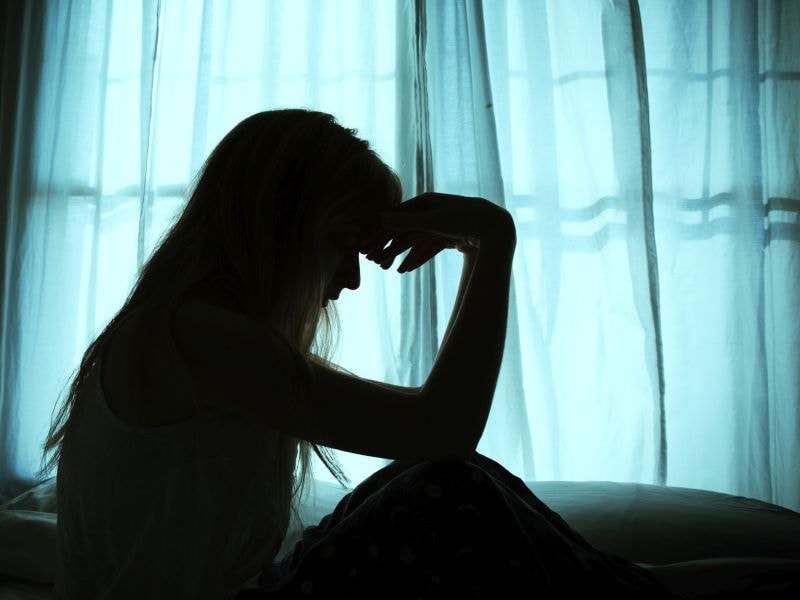Manualized treatments linked to significantly reduced recurrence rates versus control treatments
FRIDAY, Oct. 16, 2020 (HealthDay News) — Manualized psychotherapy interventions combined with pharmacotherapy seem beneficial for bipolar disorder, according to a study published online Oct. 14 in JAMA Psychiatry.
David J. Miklowitz, Ph.D., from the University of California in Los Angeles, and colleagues conducted a systematic review and network meta-analysis to compare the use of pharmacotherapy plus manualized psychotherapies and therapy components (cognitive-behavioral therapy, family or conjoint therapy, interpersonal therapy, or psychoeducational therapy) to pharmacotherapy plus a control intervention for patients with bipolar disorder. Data were included from 39 randomized clinical trials with 3,863 participants.
The researchers found that manualized treatments correlated with lower recurrence rates compared with control treatments across 20 two-group trials that provided usable information (odds ratio [OR], 0.56). Reduced recurrences were seen for psychoeducation with guided practice of illness management skills in a family or group format compared with the same strategies in an individual format (OR, 0.12). Compared with treatment as usual, cognitive-behavioral therapy (standardized mean difference, −0.32) and — with less certainty — family or conjoint therapy and interpersonal therapy correlated with stabilizing depressive symptoms. Compared with standard psychoeducation, higher study retention was associated with family or conjoint therapy (OR, 0.46) and brief psychoeducation (OR, 0.44).
“Health care systems should offer combinations of evidence-based pharmacotherapy and psychotherapy to outpatients with bipolar disorder,” the authors write.
Several authors disclosed ties to the pharmaceutical industry.
Abstract/Full Text (subscription or payment may be required)
Editorial (subscription or payment may be required)
Copyright © 2020 HealthDay. All rights reserved.

